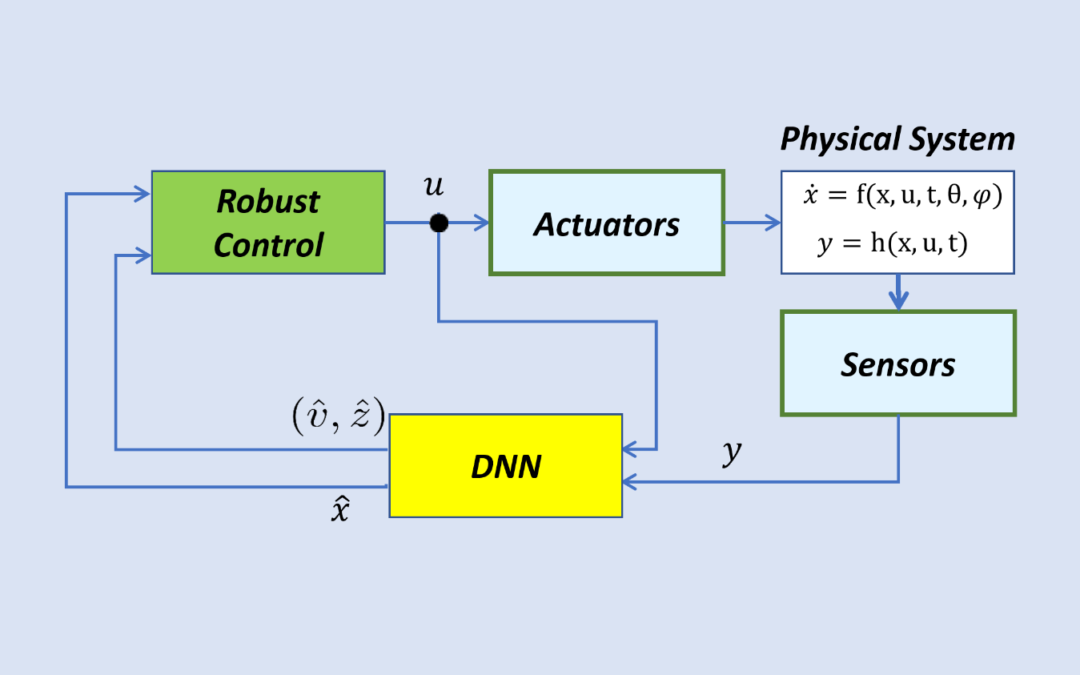SC Solutions and Neotek Energy, Inc. successfully completed a project for the DARPA-sponsored research program on the Physics of Artificial Intelligence (PAI). The team developed a novel concept referred to as a Dynamic Feedback Loop (DFL) to ‘bake in’ the physics of the system into the design of a deep neural network (DNN). The specific application used for the project was to optimize extraction of oil from oil reservoirs, however, the concept is generic and can be applied to any dynamic system.
A simplified, physics-based model of a localized part of the oil reservoir comprising several adjacent wells was developed that captured the nonlinear, multivariable, and time-varying dynamic attributes of the system while allowing rapid simulations. The unique structure of a DNN enabled simultaneous identification of the physical model parameters and the state of the system while compressing the model discovery space. The DNN was trained with both simulated as well as high-resolution field test data obtained using Neotek’s GORA sensors that measured gas and oil flow in real-time. A robust control system was developed and implemented on a network of wells. Results from field data showed significant improvement in the performance of the system, namely maximum oil extraction, as compared to that of a baseline control policy. The AI compensates for the unmodeled physics in the model.
One of the most innovative aspects of the PAI architecture we developed is computation of model uncertainty metrics that are used to indicate when the model used in the DNN is no longer reliable and must be retrained as the system has changed significantly compared to the model. SC Solutions has also applied the same concept to an etch system in semiconductor wafer manufacturing, and is pursuing new opportunities to apply this novel concept to other dynamic systems.
The research results will be presented at the SPE Virtual Improved Oil Recovery Conference. A copy of the paper may be found at this link.
